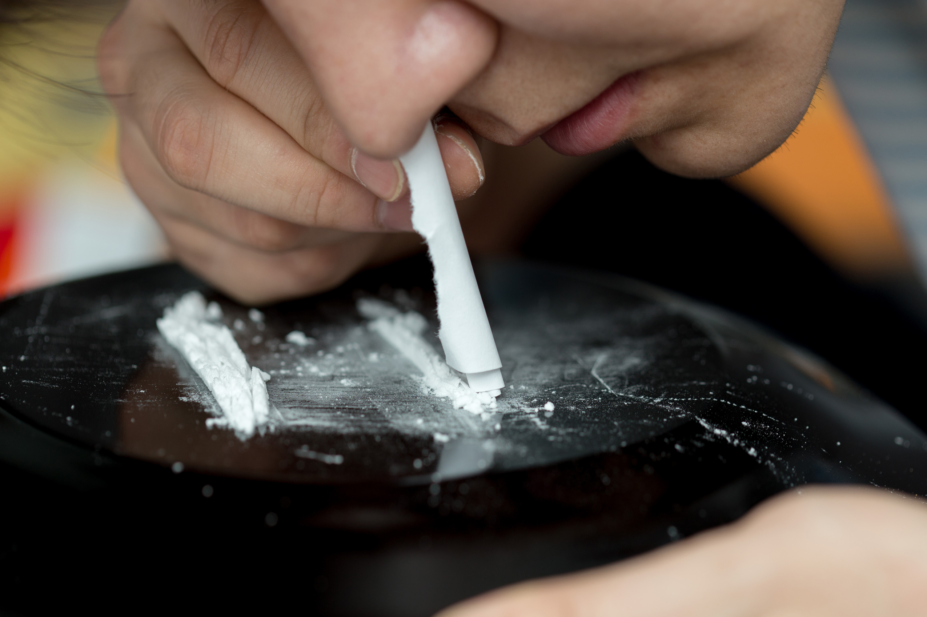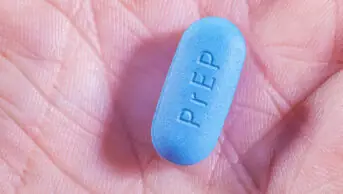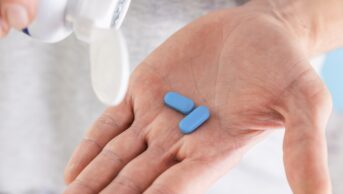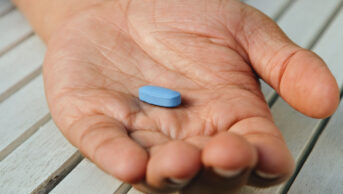
Shutterstock.com
The Government’s blanket ban on so-called ‘legal highs’ has prompted a rise in the use of class A drugs, a drug charity that is partly funded by the Scottish Government has warned.
A report published by the charity My Crew claims that the Psychoactive Substances Act (PSA), has pushed drug users to switch to using class A drugs such as cocaine and MDMA as well as cannabis.
The charity’s annual report on New Psychoactive Substances (NPS) said that in 2014–2015, 26% of its counselling clients were reporting ‘legal high’ use, a figure which increased to 29% in 2015–2016 before falling to 9% in 2016–2017.
It found that the percentage decline in ‘legal high’ use had been replaced with an increase in the percentage of clients reporting use of cannabis, cocaine and MDMA.
The PSA came into force in May 2016 and banned a range of stimulants that were being sold in shops as bath crystals or plant food.
Nitrous oxide was included in the legislation, but two recent court cases have seen prosecutions for the supply of the substance dismissed because the judges ruled that it was included in an exemption from the Act as a medical product.
Crew 2000 chief executive Emma Crawshaw said that since the introduction of the PSA there had been a reduction in people taking NPS but not a significant reduction in drug use.
The MyCrew report said: “PSA may have removed the legality and reduced the availability of NPS but many people switched to other drugs. Legal NPS made drugs available to the masses and interest has not disappeared with the introduction of the new legislation.”
The report also highlights an increase in cocaine use across many Scottish drug and health services. “Many NPS were stimulants and this has given people an appetite for these effects,” it adds.
The report concludes: “The PSA, combined with targeted enforcement action, has reduced the sale and use of NPS in Scotland. However, the Act was a standalone gesture and while some people stopped taking NPS, some continued and others simply changed to another method of enhancement or escape.”
Gino Martini, chief scientist at the Royal Pharmaceutical Society said it was possible that the use of NPS could result in greater use of other illegal drugs.
“One could argue that legal highs have introduced people to the concept of taking drugs, the next step on from using NPS is using something harder,” he said.


